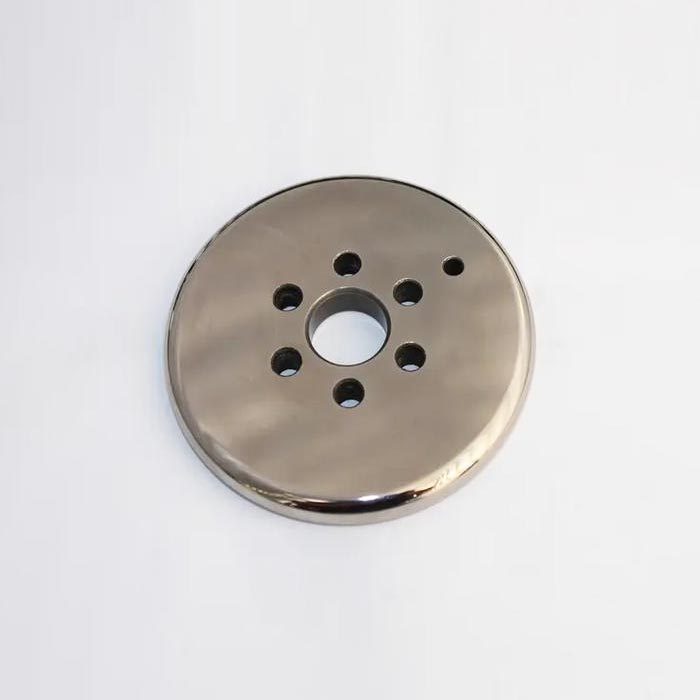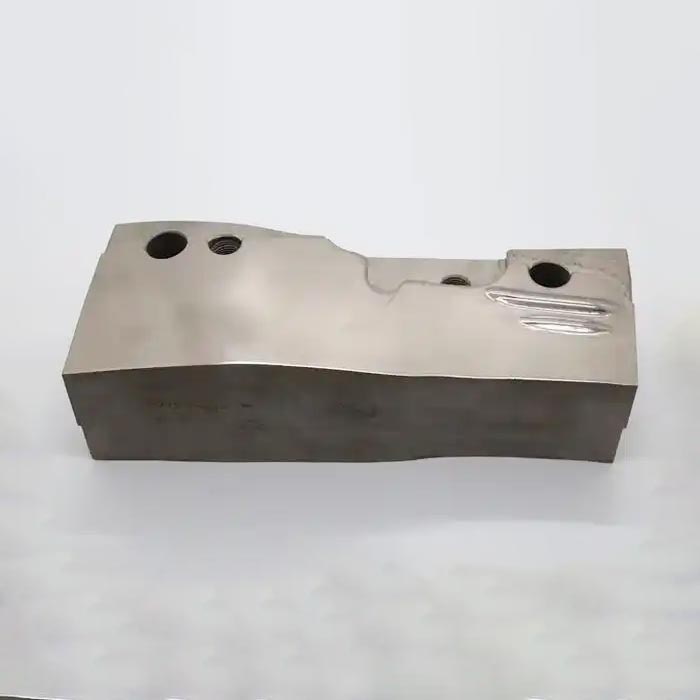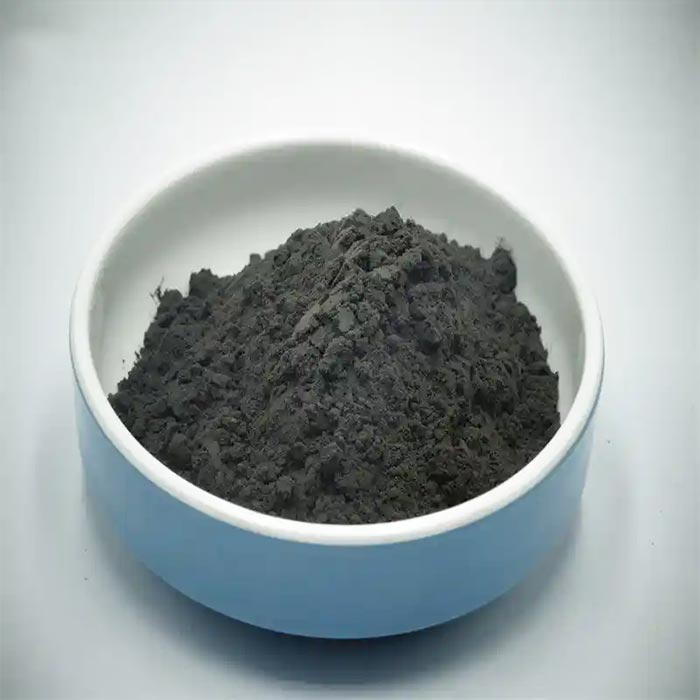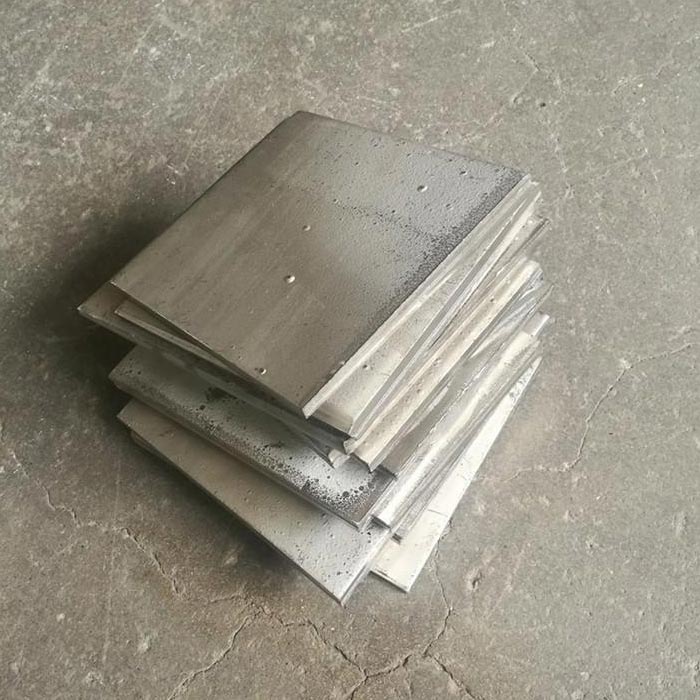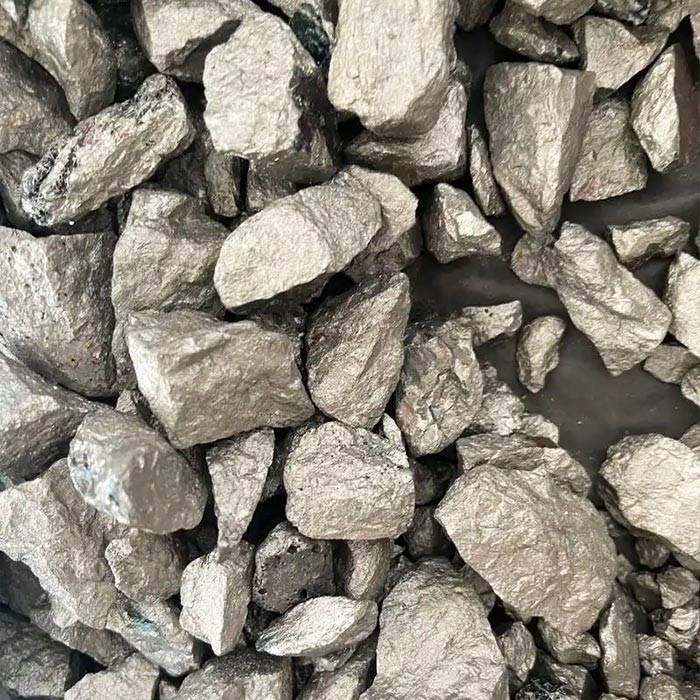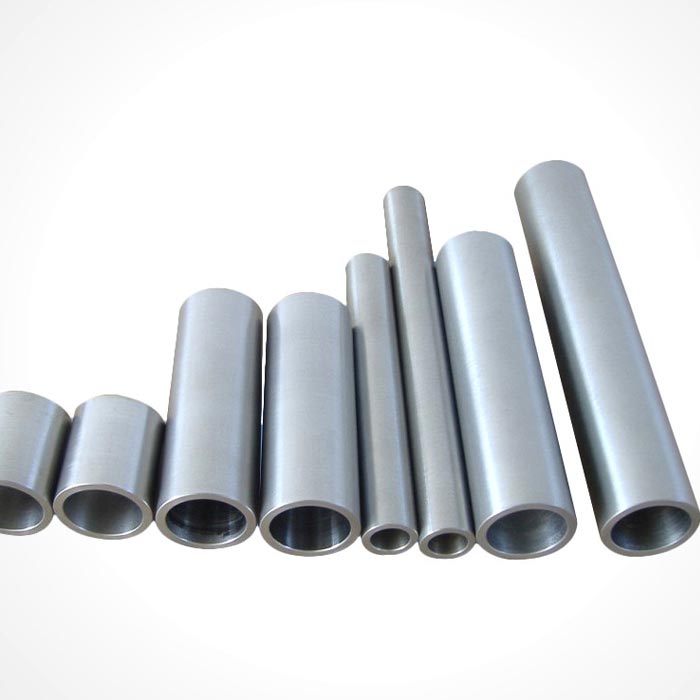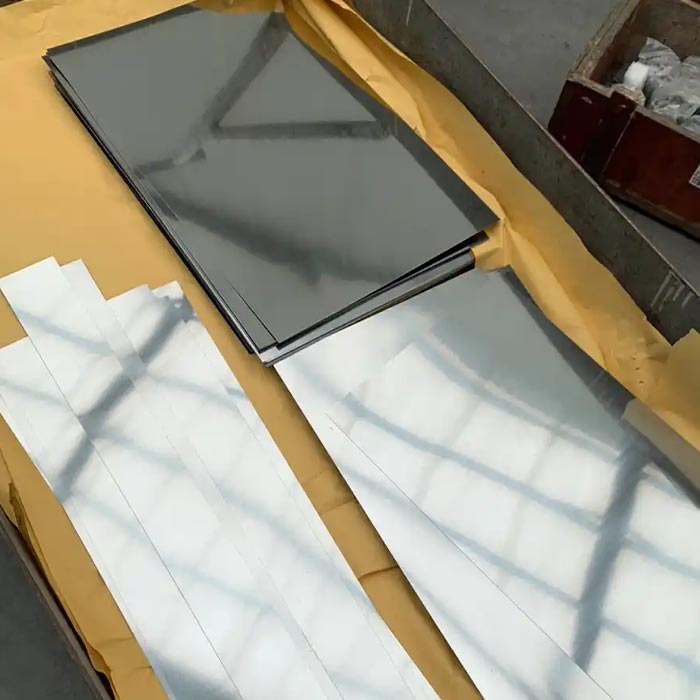
PRODUCTS
Search
Categories List
Molybdenum alloy is a non-ferrous alloy composed of molybdenum as the matrix and other elements. The main alloying elements are titanium, zirconium, hafnium, tungsten and rare earth elements. Titanium, zirconium and hafnium elements not only play a role in solid solution strengthening of molybdenum alloys, maintaining the low-temperature plasticity of the alloy, but also can form a stable, dispersed carbide phase, improve the strength and recrystallization temperature of the alloy. Molybdenum alloys have good thermal conductivity, electrical conductivity and low expansion coefficient, high strength at high temperatures (1100-1650℃), and are easier to process than tungsten. It can be used as the grid and anode of electron tubes, the supporting material of electric light sources, and for making die casting and extrusion molds, parts of spacecraft, etc. Because molybdenum alloys have low-temperature brittleness and welding brittleness, and are easily oxidized at high temperatures, their development is limited. The industrially produced molybdenum alloys include molybdenum-titanium-zirconium series, molybdenum-tungsten series and molybdenum-rare earth series alloys, and the first type is more widely used. The main strengthening methods of molybdenum alloys are solid solution strengthening, precipitation strengthening and work hardening. Molybdenum alloy plates, strips, foils, tubes, bars, wires and profiles can be produced by plastic processing, and their strength and low-temperature plasticity can be improved.
Among refractory metals, molybdenum and its alloys have good thermal conductivity, electrical conductivity and low expansion coefficient (similar to glass used in electron tubes), high strength at high temperatures (1100-1650°C), and are easier to process than tungsten. Therefore, they are used in the manufacturing of electron tubes (grids and anodes), electric light sources (support materials), metal processing tools (die casting and extrusion dies and perforated heads) and aerospace industries. Molybdenum is resistant to erosion by molten glass, and its oxides will not contaminate glass. Since 1943, molybdenum materials have been used as heating electrodes in the glass industry. Mo-30W alloy has excellent resistance to molten zinc corrosion and has been successfully used in the zinc smelting industry. Molybdenum is also used to manufacture heat exchangers and valves and other components in sulfuric acid production.
PRODUCT USES
High temperature heating elements, radiation shielding, extrusion, forging dies, etc.; Rotary fluoroscopy anodes for clinical diagnostics; Glass melting furnace electrodes and components for molten glass; Silicon semiconductor chip heat sink mounts with thermal expansion coefficient matching; Sputtered layers, only angstroms (10-7 mm) thick, for gates and interconnects of integrated circuit chips; Spray coatings for automotive piston rings and machine parts to reduce friction and improve wear.
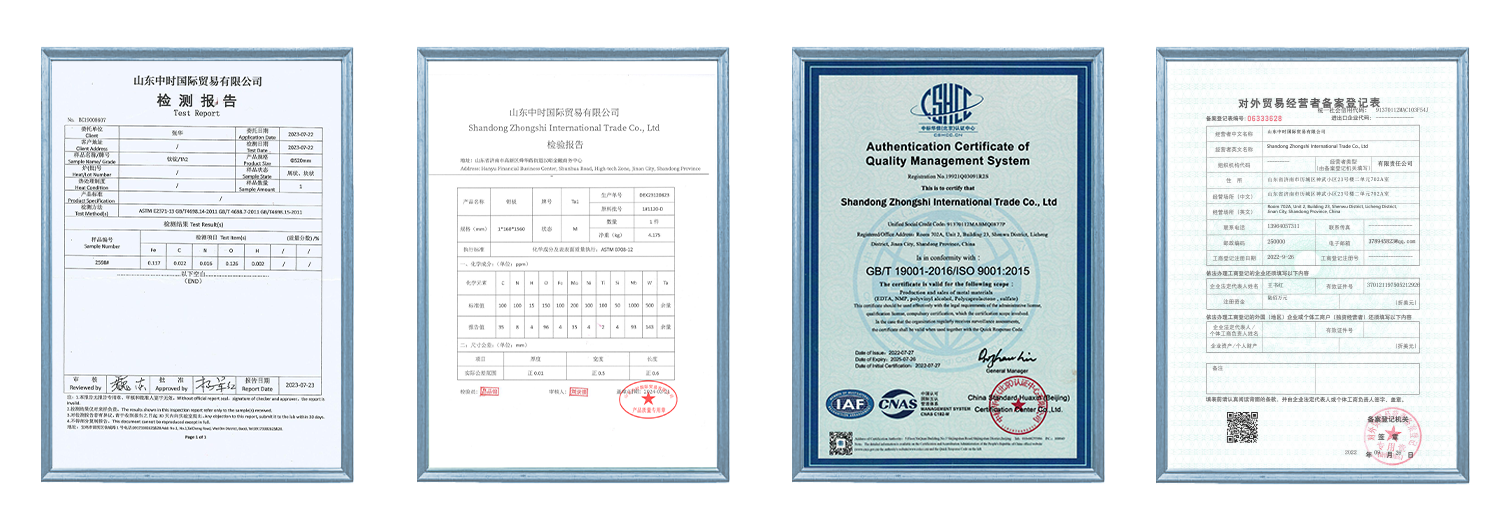
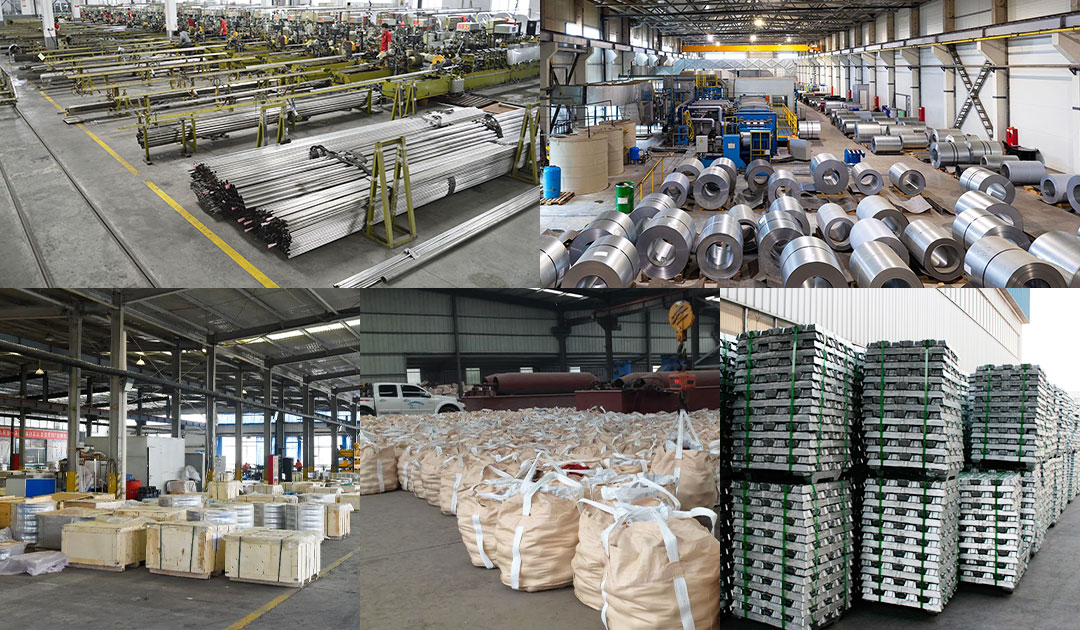
Shandong Zhongshi International Trade Co., Ltd. is a company dedicated to integrating the best, most comprehensive and most stable rare metal materials for customers. It has a complete supplier system in 145 cities across the country. Cooperating with many companies.
Shandong Zhongshi has an experienced supplier system that can provide more than 1,500 customized materials, mainly involving titanium, zirconium, niobium, nickel, etc. Application areas: aerospace materials, biomedicine, artificial gems, nuclear energy, chemicals and electronics. Products are exported to Europe, America, Asia and other countries.
Since its establishment, Shandong Zhongshi has always adhered to the business philosophy of "integrity, cooperation, innovation and win-win", with the purpose of "market-oriented, customer-centric, customized service", to provide customers with high-quality products and first-class services.
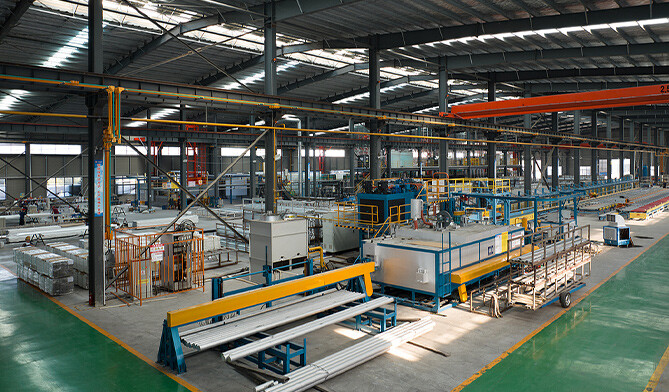
Q1: Where is your company located?
A: Jinan, Shandong
Q2: How is the quality control of your company?
A: We attach great importance to quality control from the beginning to the end, and our QC department will strictly check all goods before shipment. Third-party inspection is welcome.
Q3: Can customer brand be made?
A: Yes, OEM is welcome if the quantity exceeds the MOQ.
Q4: Where is your loading port?
A: Qingdao Port.
Q5: Do you provide free samples?
A: Yes, free stock samples will be provided, but the freight will be borne by the customer. Please contact us to check the freight according to the customer's address.
